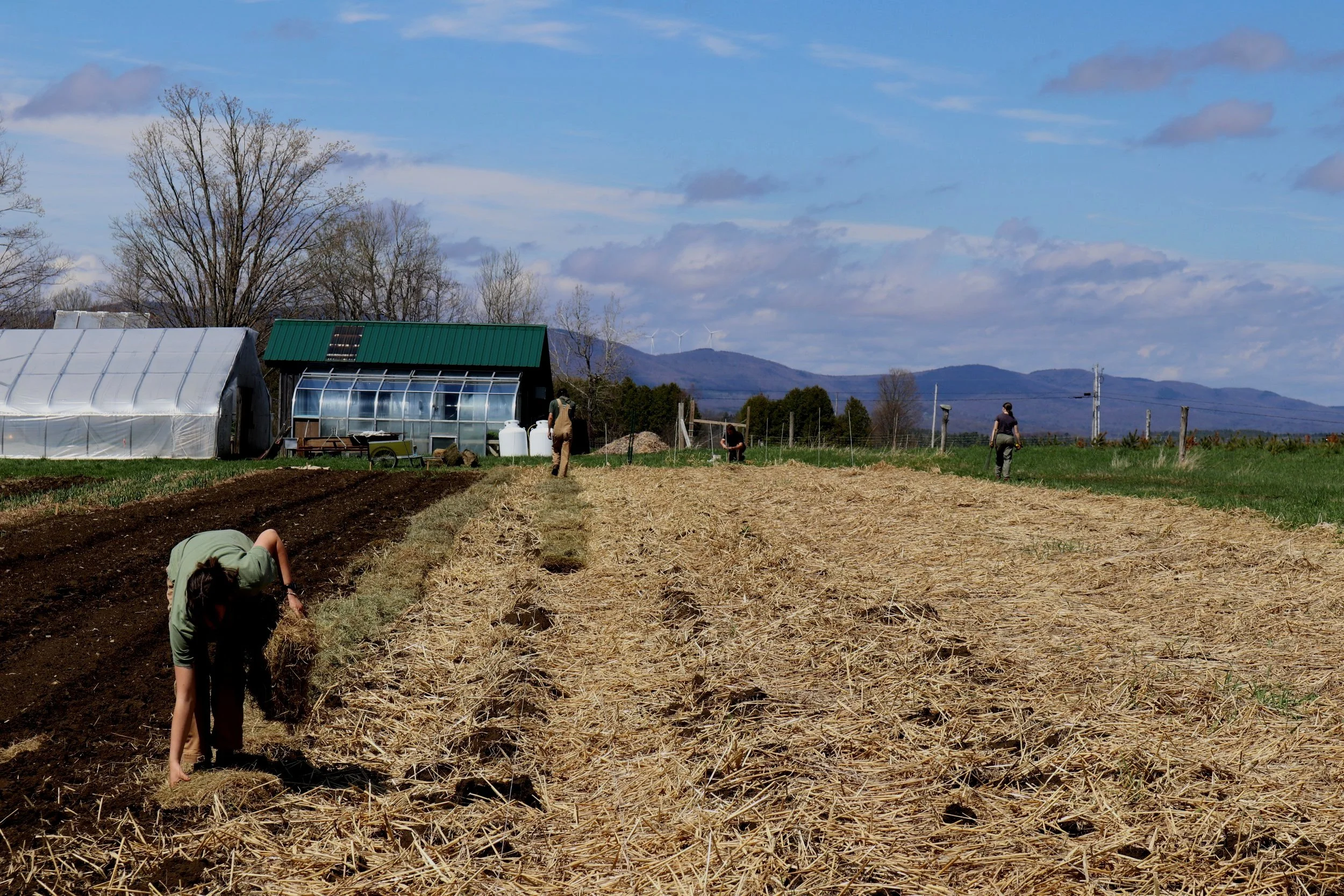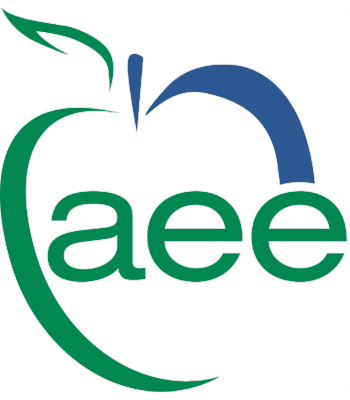Sterling College To Conclude Degree-Granting Programs After Spring 2026
100% Environmentally-Focused College in Vermont
Nestled in a rural Vermont village, Sterling offers two-year and four-year undergraduate degrees in Environmental Studies. We provide a liberal arts education that uses the local farms, forests, rivers, and wetlands as our classrooms. With a small student body of fewer than 100 students in the Northeast Kingdom of Vermont, we foster a tight-knit community that prides itself on sustainable and socially responsible living. At Sterling, we give you the opportunity to roll your sleeves up and learn in a very hands-on, experiential way to prepare you to challenge the status quo. Sterling, where small is better.
You will likely thrive here at Sterling if …
You love being outdoors (or aspire to love it!)
You enjoy new challenges.
You have passions you want to explore.
You want to be on a first-name basis with our faculty & staff.
You are solution-oriented.
You are independent.
You find enjoyment in hard work.
You are a doer.
You are curious.
Follow us on Instagram
The New England Commission of Higher Education (NECHE) is a voluntary, non-governmental membership association that serves as an institutional accreditor and promotes educational excellence and quality assurance to its member institutions.
Sterling College participates in the State Authorization Reciprocity Agreements.
The Association for Experiential Education (AEE) is a nonprofit professional membership association dedicated to experiential education and the students, educators, and practitioners who utilize its philosophy. AEE is committed to supporting professional development, theoretical advancement, and the evaluation of Experiential Education Worldwide.
The Work Colleges Consortium (WCC) supports member schools with federal compliance (a) conducts research across the institutions to help assess student work-learning and service outcomes; (b) shares best practices; and (c) supports ongoing activities among the colleges in the areas of work-learning-service.
(STARS) is a transparent, self-reporting framework for colleges and universities to measure their sustainability performance.
The Vermont Fresh Network (VFN) is dedicated to a flourishing local food system for the benefit of our environment, our communities, our health, and the overall strength of the rural economy.
1% for the Planet represents a global network of businesses, individuals and environmental organizations tackling our planet's most pressing environmental issues.
The Connecticut Outdoor & Environmental Education Association (COEEA) is a collaborative professional community of individuals and organizations who support outdoor education and environmental literacy for all.




















